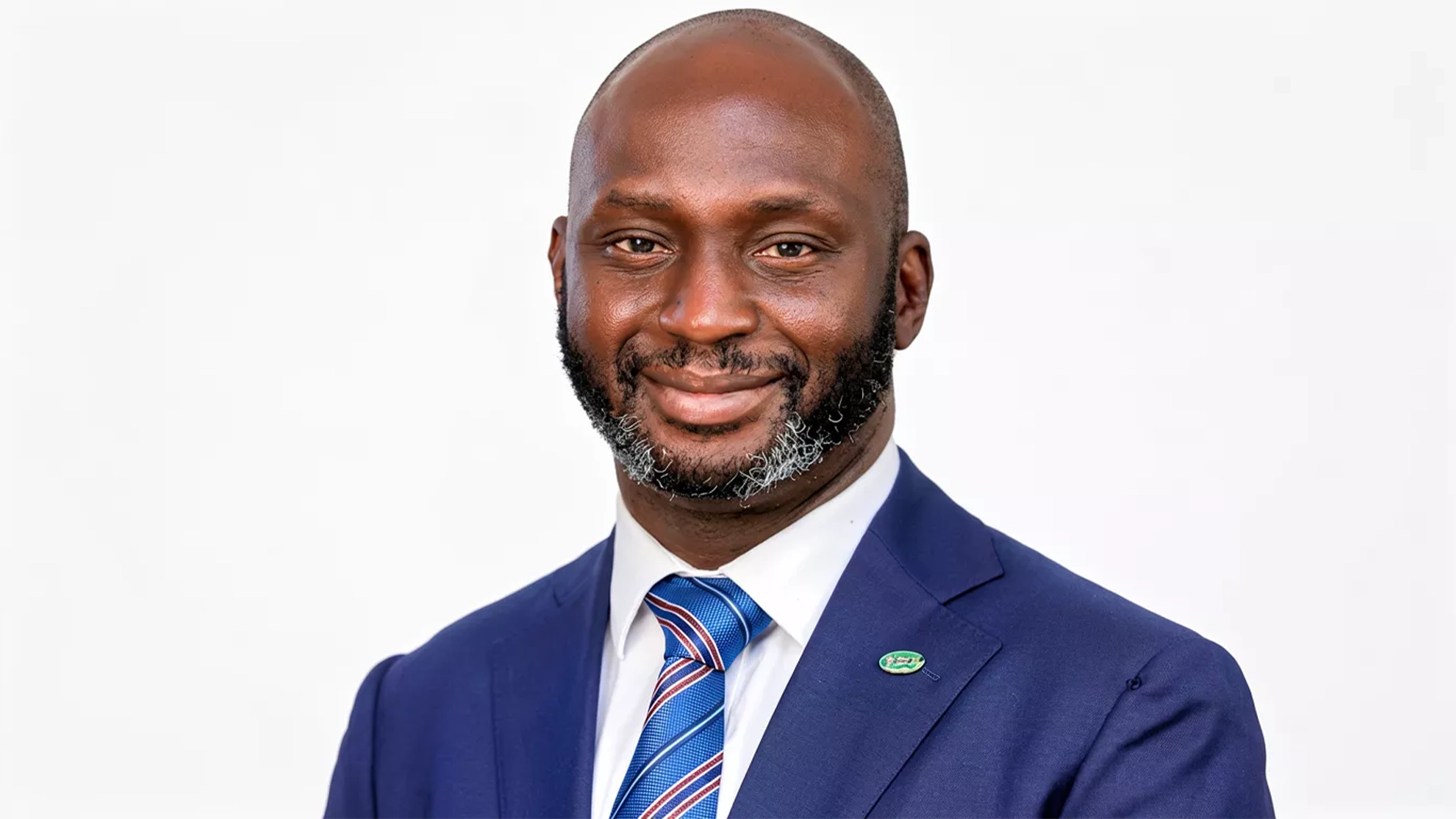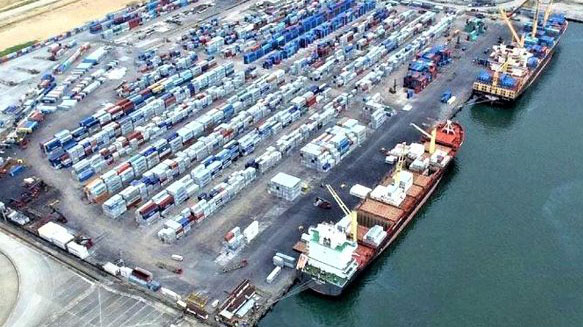. Govt to publish beneficiaries of cash transfers, says Edun
The current economic hardship was a direct consequence of Nigeria’s failure to remove fuel subsidy over a decade ago, the Emir of Kano, Sanusi Lamido Sanusi, has said.
Sanusi, an erstwhile governor of the Central Bank of Nigeria (CBN), spoke at the Oxford Global Think Tank Leadership Conference yesterday in Abuja, where he reiterated his opposition to fuel subsidy.
His words: “If you pay N65 per litre and suddenly begin to pay N160, of course, there will be hardship. The duty of leadership is to recognise there will be costs and to mitigate them and not to avoid reform entirely.”
He explained that the former subsidy system effectively functioned as an ‘open-ended hedge,’ exposing the government to unsustainable financial liabilities whenever oil prices or exchange rates fluctuated.
Sanusi said Nigeria eventually reached a point where it was borrowing to pay subsidies and interest on the loans, describing it as a bankruptcy by policy.
Reflecting on his 2012 warnings, he said the delay in subsidy removal had only worsened inflation and hardship.
“If we had removed it then, inflation would have risen slightly—from 11 per cent to about 13 per cent—and stabilised. Now we’re facing inflation above 30 per cent. This is the cost of delay,” he said.
However, he was full of praise for the current CBN Governor, Olayemi Cardoso, for maintaining policy discipline and restoring stability to Nigeria’s monetary system.
On his part, the Minister of Finance, Wale Edun, assured Nigerians that the Federal Government’s ongoing economic reforms are designed to ease the hardship faced by ordinary citizens, especially the poor and vulnerable.
Edun was quick to acknowledge the current economic challenges, including rising food and transport costs, but said measures were in place to cushion their effects.
“Each beneficiary is identified by name and national identity number, and payments are made digitally either directly to their bank accounts or mobile wallets,” he said.
The minister disclosed that the government has established a transparent and accountable payment system targeting 15 million households, with disbursements monitored in real time.
He said the government would soon publish data showing the names of beneficiaries who had received the first, second, and third tranches of the cash transfer programme.
Beyond direct payments, Edun announced the launch of a ward-based development programme to channel resources and funding to all 8,809 wards across Nigeria’s 774 local government areas.
“The initiative will empower economically active people at the ward level—supporting small businesses, cottage industries, and local entrepreneurs to boost production and create sustainable livelihoods,” he stated.
Edun reiterated that the administration’s goal was not only to stabilise the economy but also to ensure that reform gains are felt at the grassroots.
He commended Nigerian youths for embodying empathy, integrity, and responsibility, which he described as essential for future leadership. Also talking at the forum, a former Director-General of the Security and Exchange Commission (SEC) who is also the founder of Oxford Global Think Tank, Ms Arunma Oteh, called for urgent action to mobilise long-term capital and accelerate infrastructure development to drive sustainable growth.
Oteh, who also served as World Bank Vice President, said Nigeria’s infrastructure deficit remains a major constraint to competitiveness and economic expansion.
“China invests about 24 per cent of its GDP in infrastructure compared to Nigeria’s four per cent to five per cent. To bridge the gap, Nigeria must increase that investment to at least 12 per cent of GDP,” she noted.
She urged the Central Bank and Ministry of Finance to scale up efforts to raise affordable financing for small businesses and public works. Oteh also advocated decentralisation of mineral resource management, arguing that allowing states to develop their mineral assets would expand Nigeria’s revenue base and create jobs.






